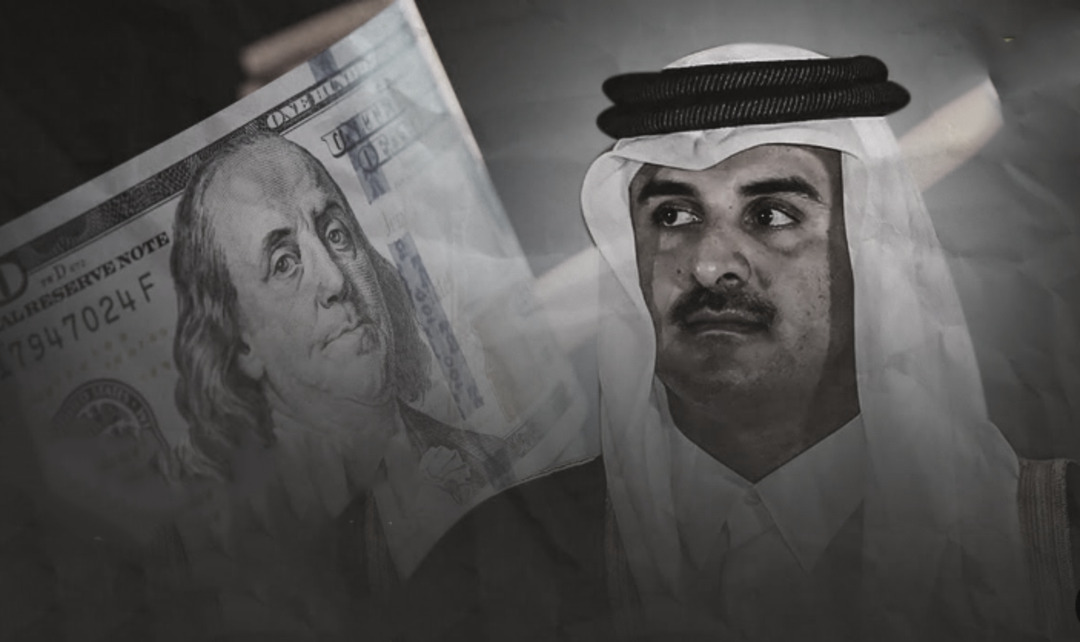-
Qatari Bribery Scandal Brings Down American Defense Industry Giant
-
Raytheon's involvement in the Qatari bribery scandal highlights the urgent need to strengthen international oversight of arms deals, especially in geopolitically sensitive regions

Recent investigations have revealed the involvement of Raytheon, a subsidiary of the American aerospace and defense group RTX, in a widespread corruption scandal involving bribery payments in Qatar. As a result, the company has agreed to pay a fine exceeding $950 million to settle charges of fraud, corruption, and violation of arms laws.
In a controversial statement, Kevin Driscoll, a senior official at the U.S. Department of Justice, indicated that Raytheon was "involved in fraudulent operations to deceive the U.S. government in contracts related to sensitive military systems and to win contracts through bribery in Qatar."
The charges against Raytheon centered around the creation of "phantom contracts" with a supplier in Qatar, primarily aimed at paying bribes to secure lucrative contracts with Qatari defense agencies. These illegal practices included the supply of advanced weapons and services, including Patriot missile systems and sensitive radar systems.
Investigations revealed that these suspicious activities spanned a decade, from 2009 to 2020, with a particular focus on the period between 2012 and 2016. During this time, Raytheon succeeded in concealing its illicit activities from American and international oversight.
U.S. authorities highlighted the severity of these practices, noting that they not only resulted in financial losses but also extended to threatening "the national security of the United States and its allies." This statement sheds light on the strategic dimensions of the case, especially given the geopolitical importance of the Gulf region.
As part of the settlement, Raytheon agreed to appoint an independent monitor and enhance internal compliance programs. Additionally, they committed to reporting any future fraudulent behavior and cooperating in ongoing and future investigations, aiming to ensure that such corrupt practices are not repeated in the future.
This case raises serious questions about the mechanisms for monitoring international arms deals, especially in strategically sensitive regions like Qatar and the Arabian Gulf. It also highlights the need to enhance transparency in the global defense industry sector and develop more effective mechanisms to prevent the exploitation of foreign influence in military contracts.
Levant-Agencies
You May Also Like
Popular Posts
Caricature
BENEFIT Sponsors BuildHer...
- April 23, 2025
BENEFIT, the Kingdom’s innovator and leading company in Fintech and electronic financial transactions service, has sponsored the BuildHer CityHack 2025 Hackathon, a two-day event spearheaded by the College of Engineering and Technology at the Royal University for Women (RUW).
Aimed at secondary school students, the event brought together a distinguished group of academic professionals and technology experts to mentor and inspire young participants.
More than 100 high school students from across the Kingdom of Bahrain took part in the hackathon, which featured an intensive programme of training workshops and hands-on sessions. These activities were tailored to enhance participants’ critical thinking, collaborative problem-solving, and team-building capabilities, while also encouraging the development of practical and sustainable solutions to contemporary challenges using modern technological tools.
BENEFIT’s Chief Executive Mr. Abdulwahed AlJanahi, commented: “Our support for this educational hackathon reflects our long-term strategic vision to nurture the talents of emerging national youth and empower the next generation of accomplished female leaders in technology. By fostering creativity and innovation, we aim to contribute meaningfully to Bahrain’s comprehensive development goals and align with the aspirations outlined in the Kingdom’s Vision 2030—an ambition in which BENEFIT plays a central role.”
Professor Riyadh Yousif Hamzah, President of the Royal University for Women, commented: “This initiative reflects our commitment to advancing women in STEM fields. We're cultivating a generation of creative, solution-driven female leaders who will drive national development. Our partnership with BENEFIT exemplifies the powerful synergy between academia and private sector in supporting educational innovation.”
Hanan Abdulla Hasan, Senior Manager, PR & Communication at BENEFIT, said: “We are honoured to collaborate with RUW in supporting this remarkable technology-focused event. It highlights our commitment to social responsibility, and our ongoing efforts to enhance the digital and innovation capabilities of young Bahraini women and foster their ability to harness technological tools in the service of a smarter, more sustainable future.”
For his part, Dr. Humam ElAgha, Acting Dean of the College of Engineering and Technology at the University, said: “BuildHer CityHack 2025 embodies our hands-on approach to education. By tackling real-world problems through creative thinking and sustainable solutions, we're preparing women to thrive in the knowledge economy – a cornerstone of the University's vision.”
opinion
Report
ads
Newsletter
Subscribe to our mailing list to get the new updates!






















